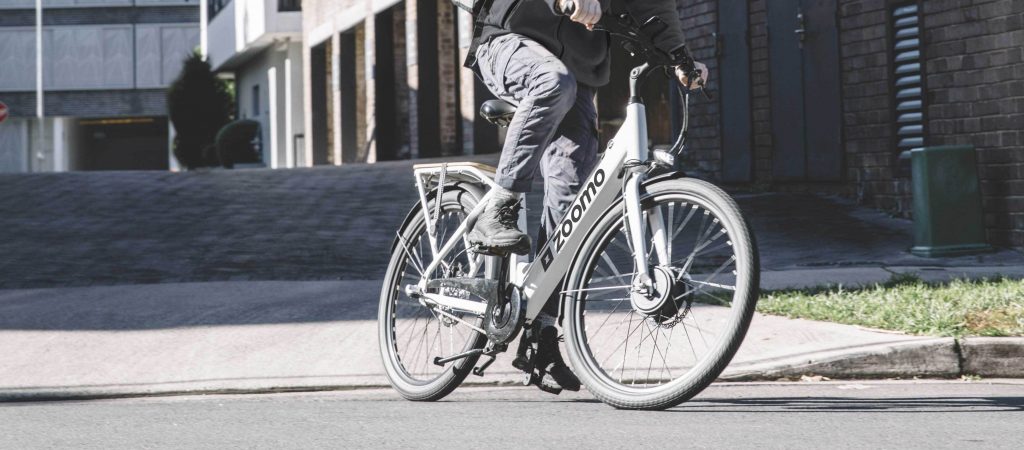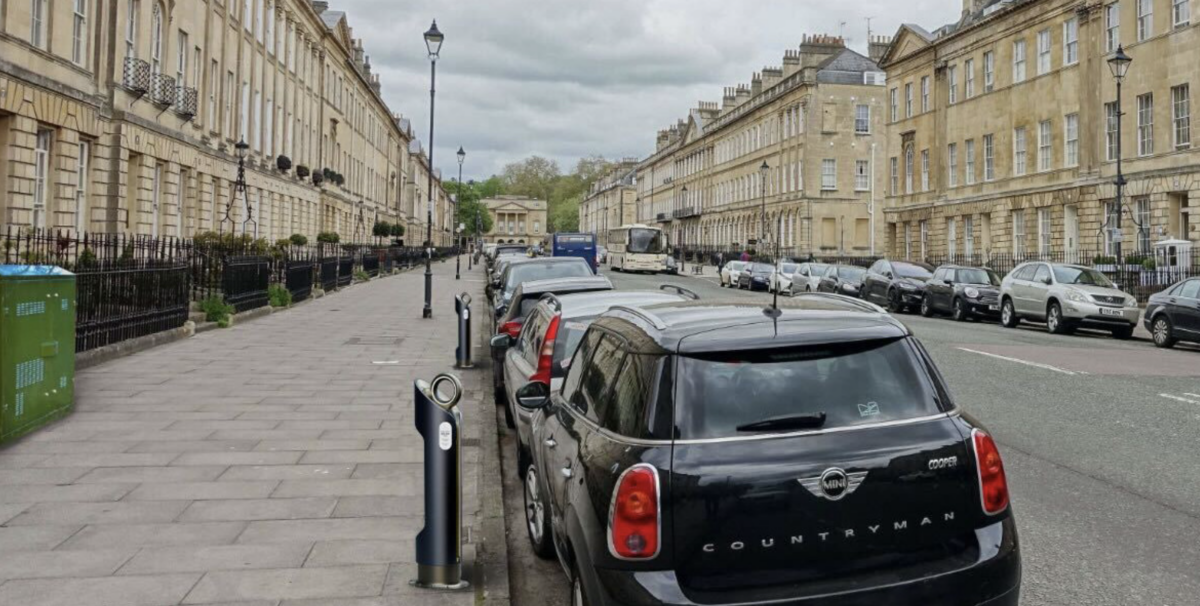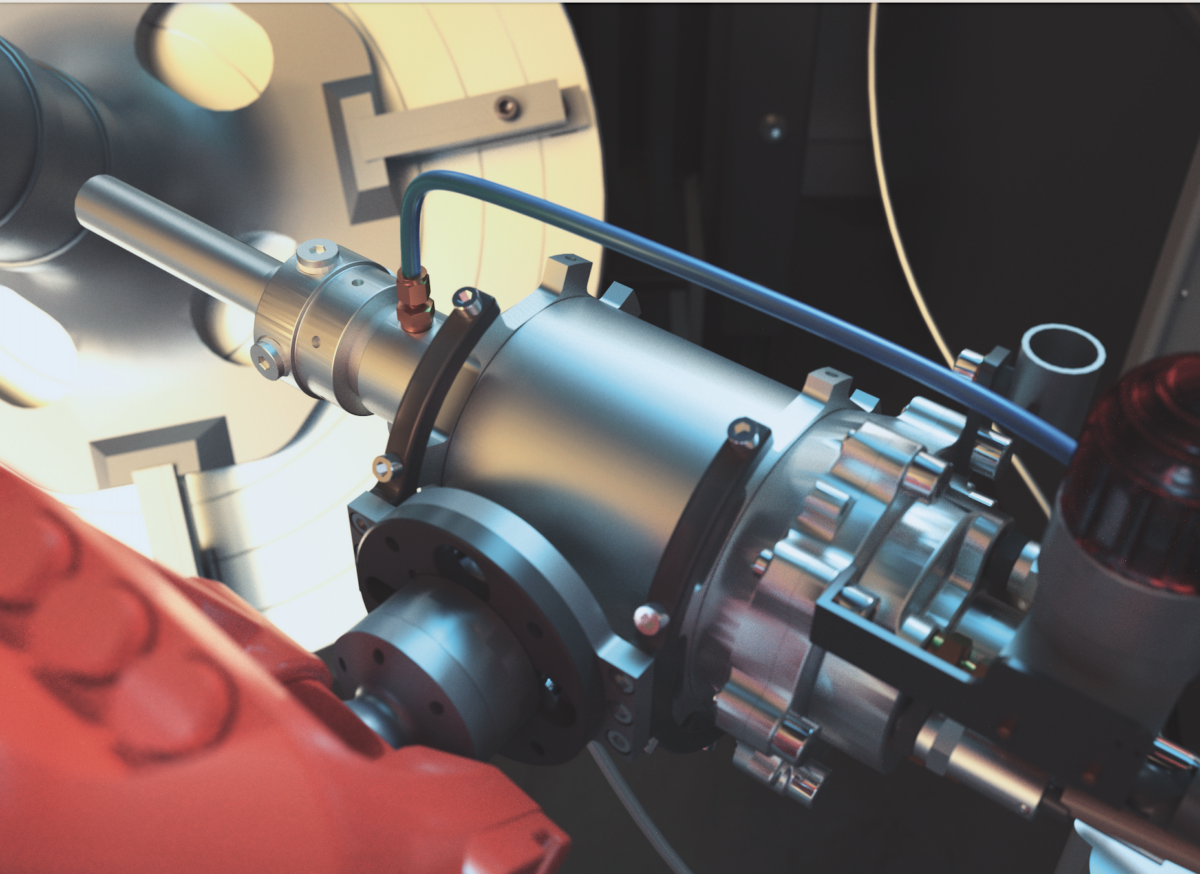Running a gasoline or diesel vehicle has become a financial nightmare for Americans. The average monthly car payment in May hit US$712, with this figure only set to rise as supply issues, a fuel crisis, inflationary pressures and the ever-present threat of a global recession persist. Where it was once a necessity, the unfortunate reality of this economic pressure is that running and maintaining an internal combustion engine (ICE) vehicle in the next decade could be considered a luxury.
Historically, cars and the automotive industry have embodied freedom and American initiative. But in the current economic climate, an individual’s decision to use ICE vehicles, whether that be for commuting or leisure, will be a conflicting one. Never before in the history of America will the once obvious decision on how to get from A-to-B be made under such scrutiny.
It’s important to note the potential impact of this price hike on local businesses and economies as well. Commercial vehicles are an essential part of American business, with 10.6 million produced last year, yet the current environment has made the cost of logistics approach record highs. Some US cities saw a 40% drop in commercial vehicles on the road during the 2008 recession. This could prove fatal for businesses today, and if repeated will have an impact in itself on the wider economy.

The industry is at a crossroads in the transport journey: individuals and businesses cannot rely on cars and other ICE vehicles like they used to. Swapping daily travel away from cars or vans might seem daunting, but there are alternatives options that can benefit Americans in more ways than one.
The answer lies in investment in emerging transport technologies that can support smarter, more efficient, and—most importantly—cheaper modes of transport. Disruptive technologies like electric bikes and the impressive advancements seen in the light electric vehicles (LEVs) space are providing modern solutions to a range of transport needs that are helping reduce reliance on gas-guzzling vehicles.
These are technologies that support individuals and businesses, at a fraction of the cost, with the recent uptake in the US—more than 880,000 e-bikes purchased in 2021—underscoring their benefit.
A mindset change is needed, one that acknowledges a time to use the car and a time to use a LEV. Research in Germany, where e-bike and LEV adoption has been substantial, found that individuals can save up to 90% of their monthly costs by switching from a car to a bike. Not to mention the intangible cost benefits like money saved on parking, insurance and pesky fines.
Running and maintaining an internal combustion engine (ICE) vehicle in the next decade could be considered a luxury
Businesses are no different. Once a flashy gadget, e-bikes have evolved significantly in both practicality and value, using advanced fleet management software to allow businesses small to large to adequately monitor, track and save. E-bikes, or any LEV for that matter, can also save businesses on fuel, storage space, and a variety of other ancillary costs, with the low barriers to entry enabling businesses to hire from a wider pool of talent. In a recession, businesses will be increasingly focused on reducing the expense of last mile delivery, with e-bikes the natural choice to solve this.
As America continues to feel a collective financial pinch, it’s important to use this period to identify new opportunities and alternatives. It’s an opportunity to scrutinise and reassess, a chance to identify long-term solutions for even the more routine aspects of the day-to-day, including transport.
Modernising the approach to transport will drive greater savings and support a cleaner planet. We face a reality where cars become so expensive to run we can no longer justify running them. For any American who wants to keep moving whilst saving time and money, it’s time to give modern, tech-driven, LEVs greater investment and attention. Mitigating the rising cost of living is just one of the reasons why this needs to happen, it really is a no brainer.
The opinions expressed here are those of the author and do not necessarily reflect the positions of Automotive World Ltd.
Joey Skavroneck is Director, United States, at Zooomo
The Automotive World Comment column is open to automotive industry decision makers and influencers. If you would like to contribute a Comment article, please contact editorial@automotiveworld.com


